The headline for this blog post may surprise you coming from the manufacturer of Britain's most simple, natural sunscreen brand, Shade™ All-Natural Sunscreen, but it's important information you need if you are going to undertake to switch from a chemical to a natural formula.
I'm writing this post now whilst wrapped up in a scarf and Norwegian cardigan after watching my daughter and friends swimming in the icy waters of Bantham Beach, just a few hours after reading our first scathing review of Shade™ on Amazon.

Whilst thinking about all those families who have bought Shade™ and who may already be enjoying, or about to enjoy far warmer weather than I am, I have been considering the kind of response which would benefit not only the writer of the review, but anyone else who reads it. Obviously it's quite an alarming warning: the family in question having been considerably burnt are of course very upset, and wanted to put everyone else off purchasing the product, which is completely understandable if you put complete faith in something which is then perceived to let you down. On balance though, many, many more reviewers are exceedingly happy with the product, and for many it's been a 'godsend' enabling them to enjoy the sun when before they couldn't due to adverse reactions to other sunscreens.
To save you the trouble of seeking out the review, I shall post it here:

Here is my response:
"Thank you for your review.
To date we have only had 3 people remark to us about burning when using Shade™ for their sun protection. Invariably it has transpired that they have not used Shade™ appropriately, for example, they have relied on it for long periods in the sun while constantly in a pool during the height of the day. We highly recommend people avoid exposure during the hours of 11am and 3pm when the sun is at its strongest - Shade™ is not a sunblock and it's not waterproof, and shouldn't expect to be used as such.
Understanding Sun Protection Factor (SPF)
SPF25 means that it will take up to 25 times longer to burn when you use it than you would if you were to not use anything in the same environmental conditions.
Many people think that by simply reapplying frequently their sun cream (whichever brand) will allow them to stay in the sun for longer and longer. This is not the case, and is a common misconception.
Also, SPF25 means that the protection is 96% - that also means that 4% of rays are still reaching the skin. Unlike many chemical sunscreens, Shade™ does not contain burn inhibitors which switch off the burning sensation. If you feel you are beginning burn, it's your body's warning to you that you have been exposed for too long, and the sensible approach is to cover up by wearing clothing or move out of the sun altogether. Applying more sunscreen only ensures you are still covered for the original 25x time frame - it does not extend the amount of time you can stay in the sun - those 4% of rays are still doing their damage. It's important that you listen to your body and its signals - the danger of sunscreens that contain burn inhibitors is that the damage is still being done, but you just can't feel it - a bit like taking painkillers that mask the pain - ignoring the body's messages that there is a problem does not resolve the problem or mean it's gone away.
What constitutes 'adequate coverage'?
Any sunscreen should be applied adequately - approximately one shot glass full of sunscreen per average adult body is considered appropriate for full coverage, half a teaspoon's worth for a face - that seems a lot, but when you halve this amount and use less than required, you are actually square-rooting the SPF rendering an SPF25 for example into an SPF5; an SPF50 into SPF7! So shying away from the 'whiteness' which is the zinc oxide active ingredient layer, means you are minimising the efficacy of the product. Many people are not aware of this, and unfortunately are more concerned about how they look than how they are using their sunscreen, but this is crucial if you are going to rely heavily on your sunscreen to protect you.
Please also realise there are factors which can make skin more vulnerable to the sun's rays, such as certain medications, and other factors such as reflective surfaces, for example water, snow (intensifies rays by and extra 80%!), even grass, and pavements have reflective properties, and altitude intensifies exposure also.
As you will see from the other reviews, we have many customers who are more than happy with Shade™: for many it's the only sunscreen they can use due to allergies to other sunscreen ingredients and has been tested to EU standards on human subjects in laboratory and real conditions. It is proven to work as a safe and effective broad spectrum SPF25 sunscreen when used appropriately. I am sorry in your case that you are not happy with the product. I have offered to discuss your experience with Shade™ in a private communication but have as yet not heard from you. Please do call me or give me permission to call you on the mobile number provided with your order. I would like to understand where things went awry for yourself and your family.
I sincerely hope this negative review will help people understand more about sunscreens, SPF, and their own responsibility to listen to their bodies and take greater precautions while exposing themselves to a very dangerous sun."
My Personal Stance on Using Sunscreens
I don't know if you're like me, but when I undertake to do something that could be considered risky, I assess the risk and seek to find the most appropriate way of mitigating the risk, but above all, if I perceive the risk to be high and decide to do it anyway, then as far as I'm concerned I take full responsibility for the actions I am about to take. It's a bit like choosing to ride a bike on a road, you have to understand that what you are about to do is life threatening, and no precautions you take will ever be sure to take all the risk away. Should anything serious happen to you while cycling on a road, you have to take responsibility for having been there and placed yourself in danger. Yes, some other people may be involved in the accident, but you certainly would not have been hurt if you'd stayed at home on your sofa! You can't blame everyone else for something bad happening to you when you've chosen to take the risk.
The sun is the same. It's a known risk to your skin and ultimately your health. Staying out of it is the only way to be sure it won't burn you, and I have admittedly little compassion for people who allow themselves to get burnt, ignoring the warning signs, not understanding SPF and the way sunscreens work and their limitations. By the very fact you are stepping out into the sun with suncream on, you are acknowledging you are doing something you need to protect yourself from, and therefore you are tacitly accepting responsibility for your decision.
If you've read this article and you don't agree with me, then please don't purchase Shade™ or any other natural mineral non-Nano sunscreen. Instead, choose a high factor chemical suncream with burn inhibitors.
Here's hoping that whatever choices we make for ourselves and our families, they turn out to be the right ones!
Tania Wedin
Founder and Managing Director
Not the Norm Ltd
Shade™ All-Natural Sunscreen is available to purchase on Amazon.co.uk or through us directly here.







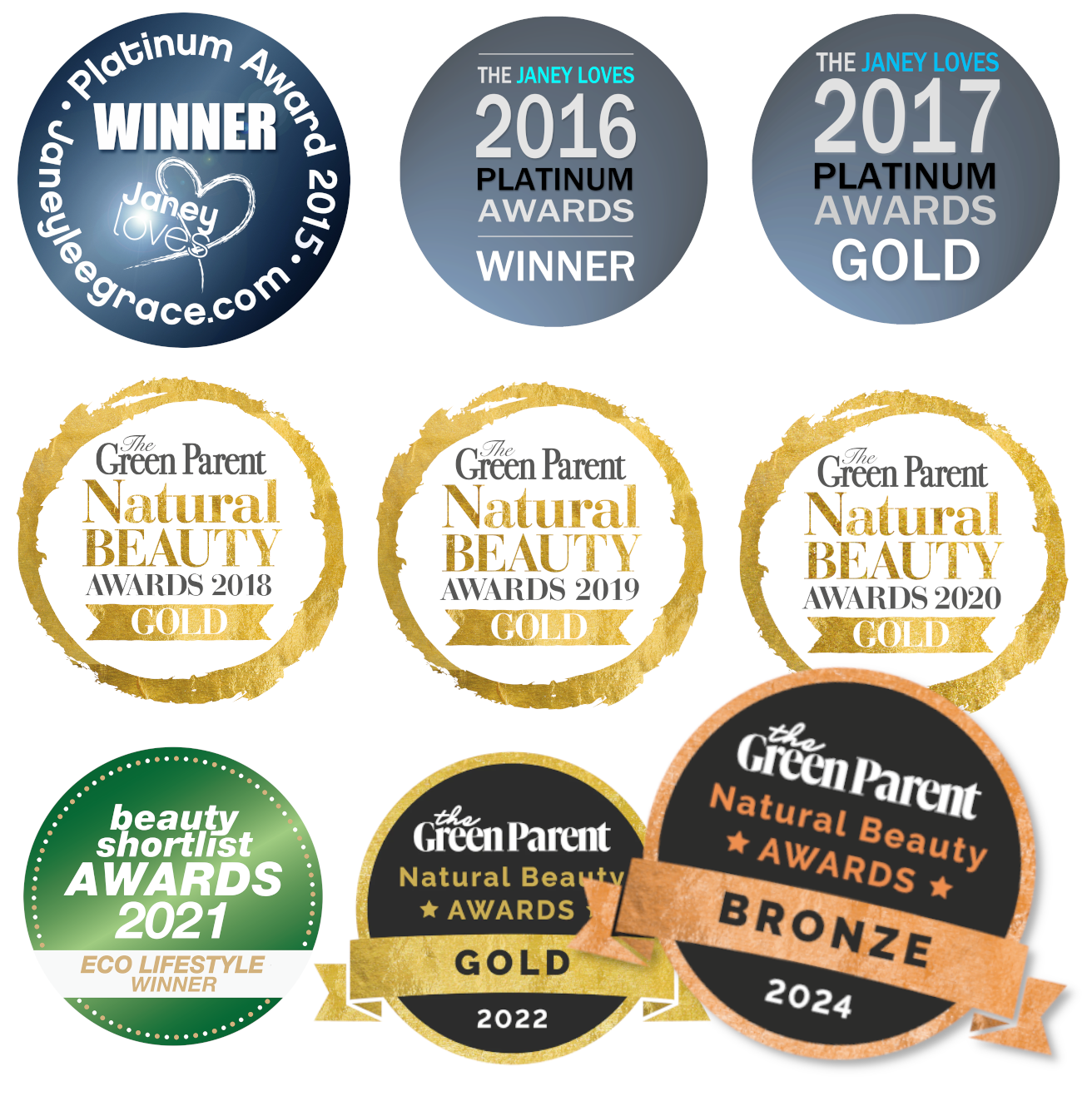
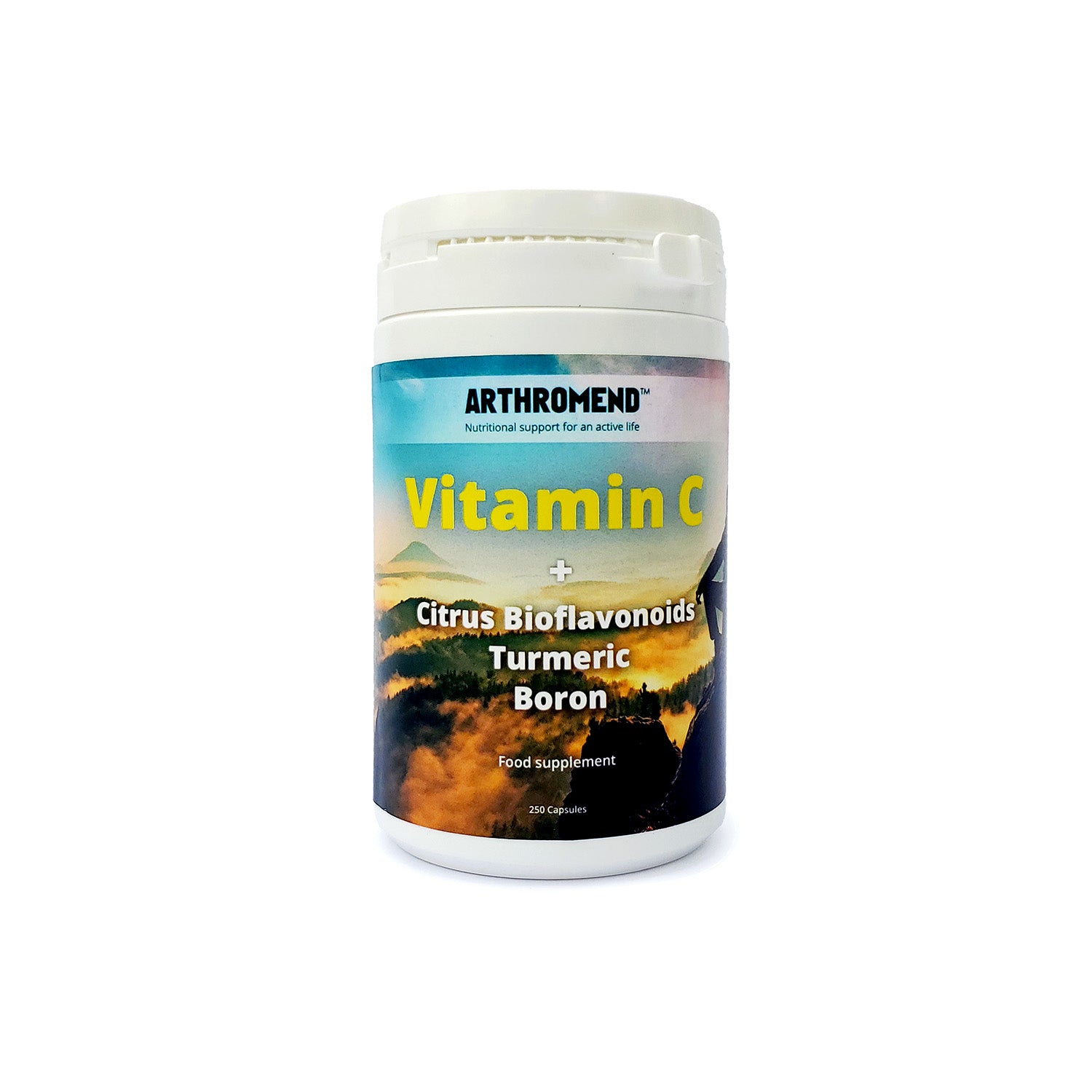
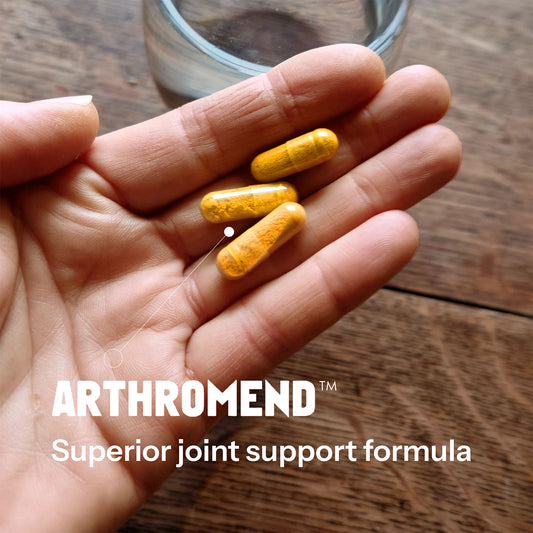
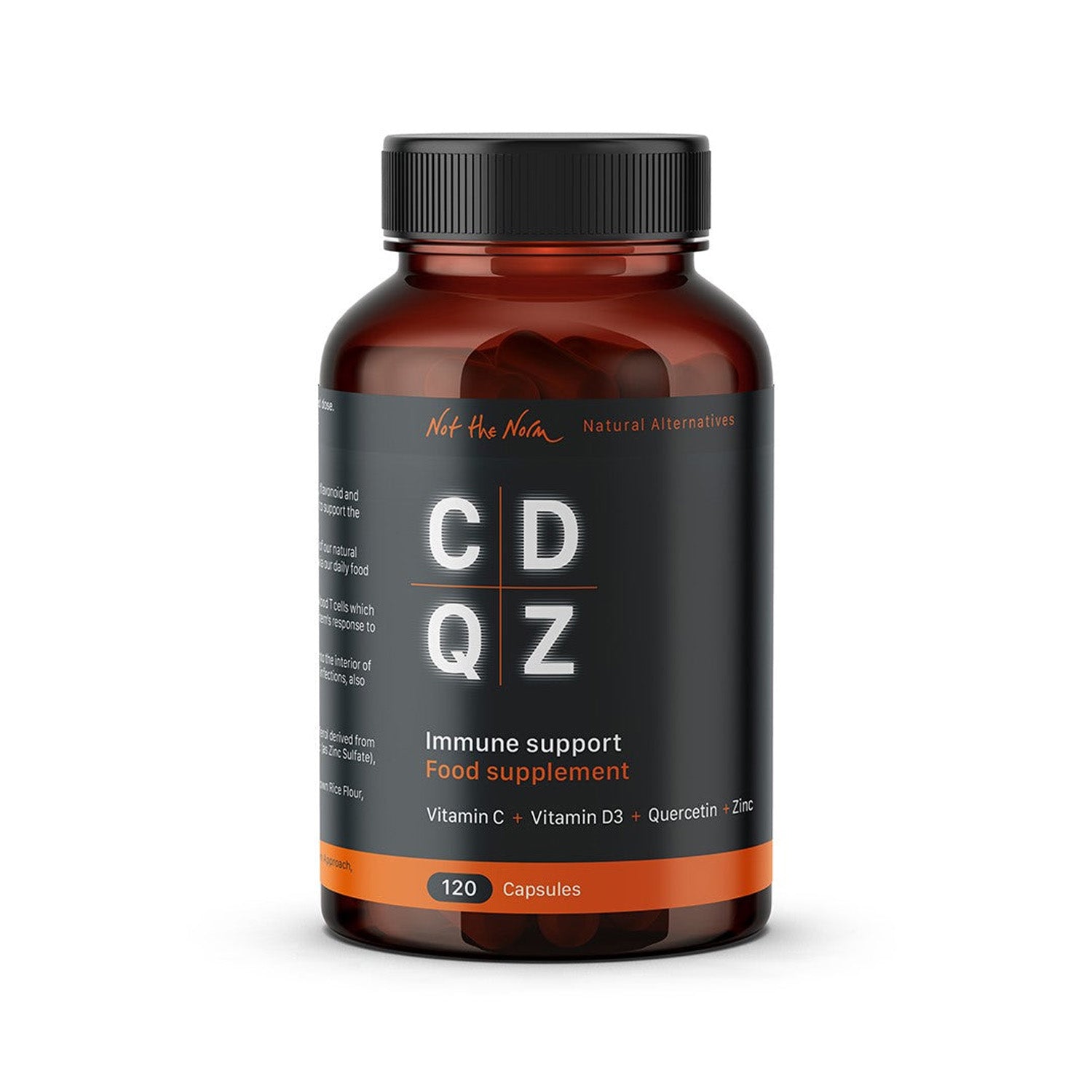
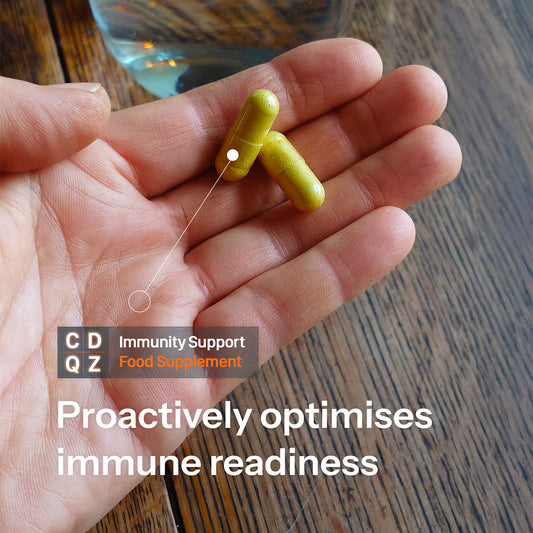
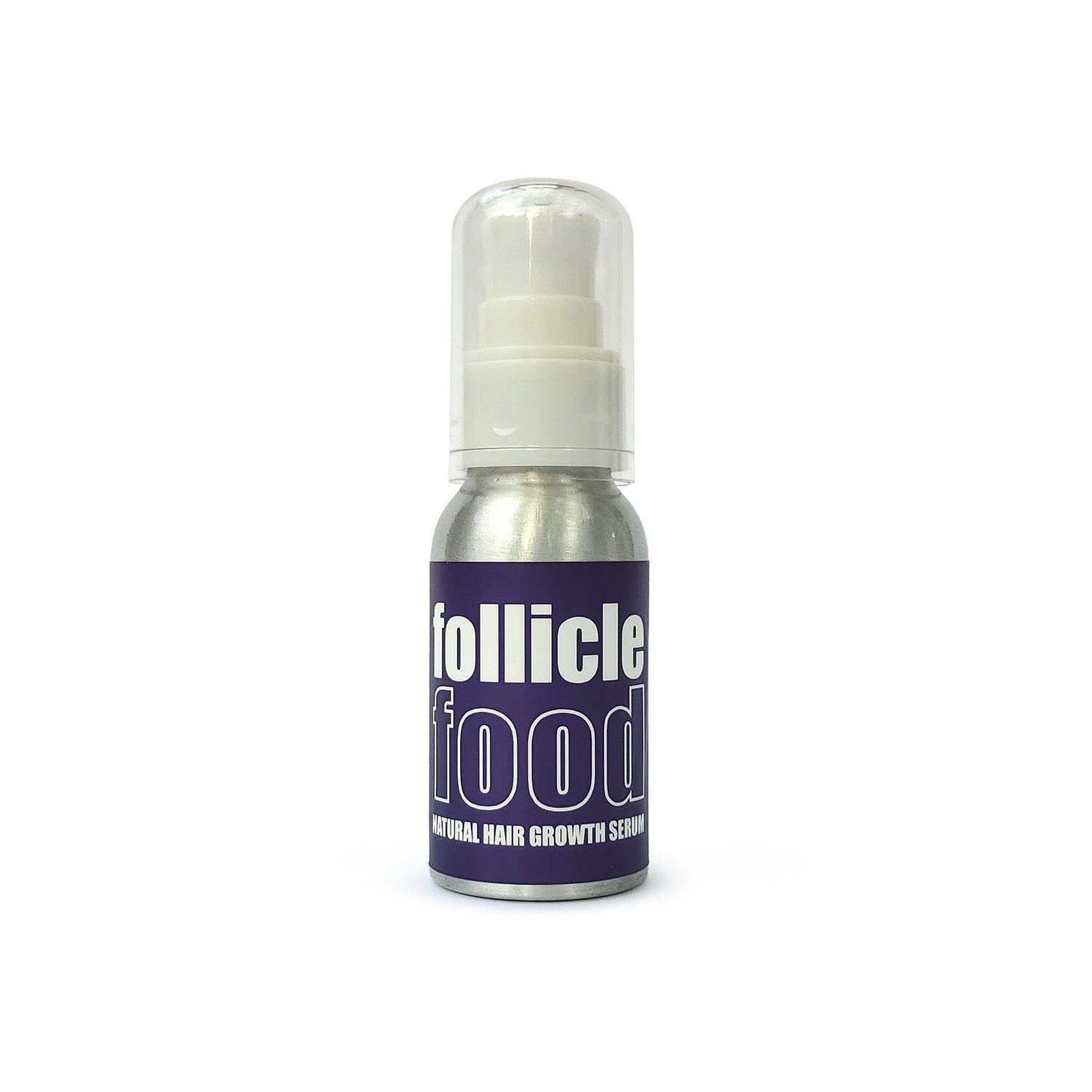
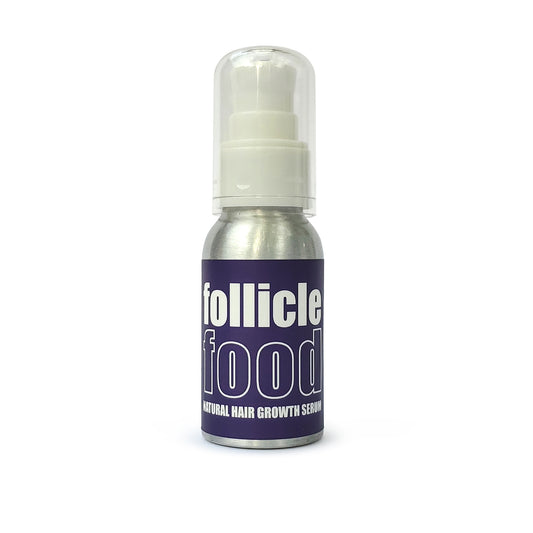
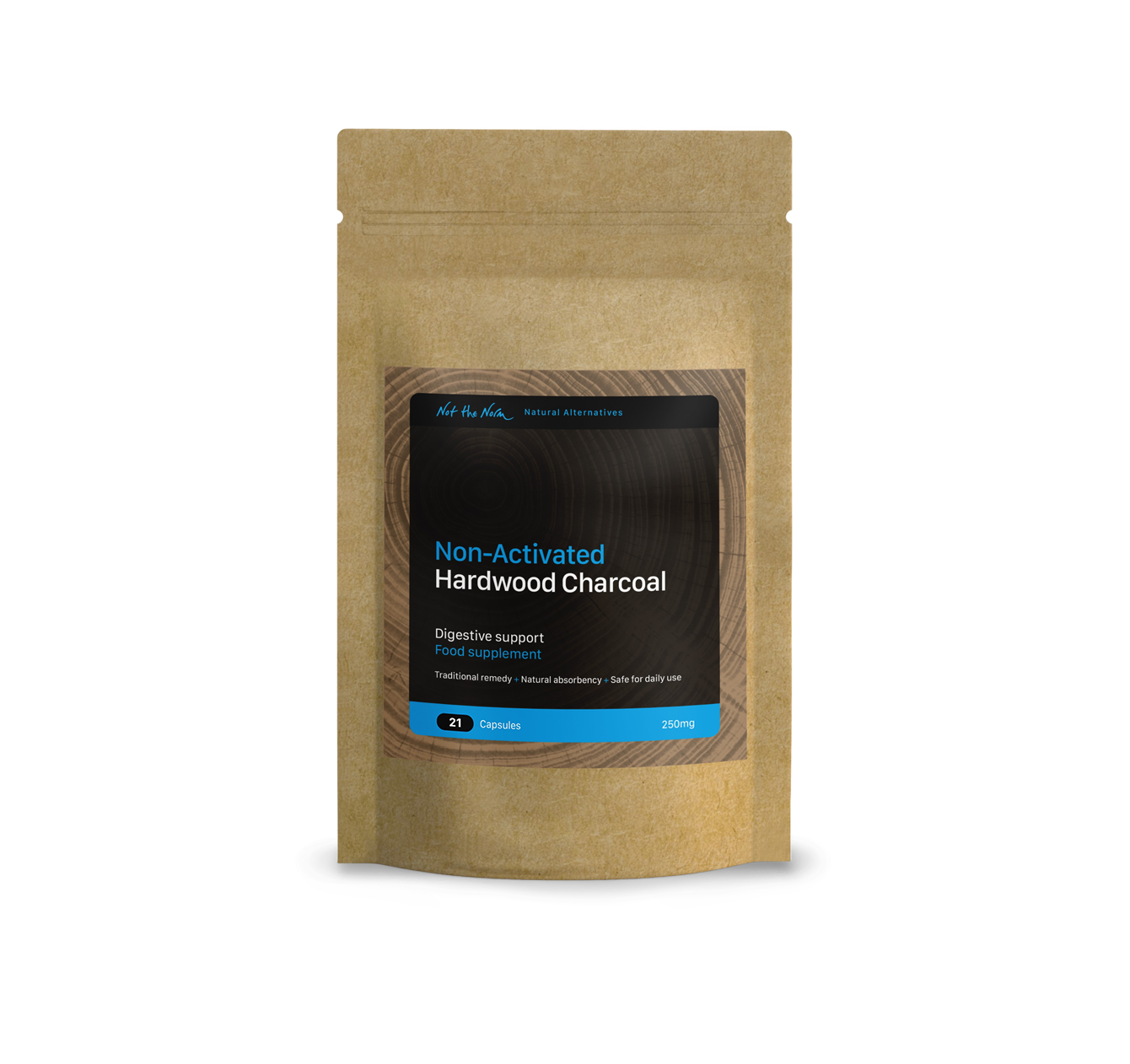
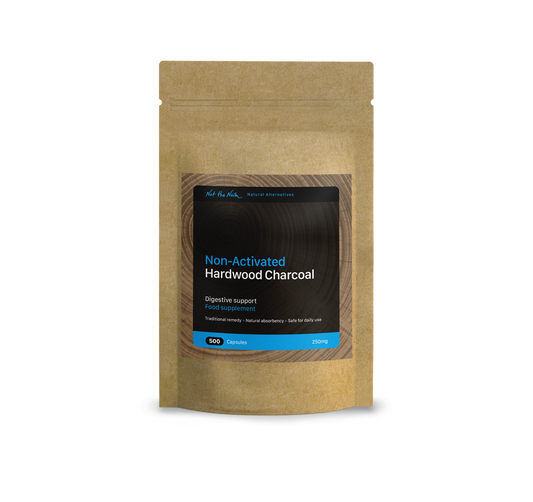
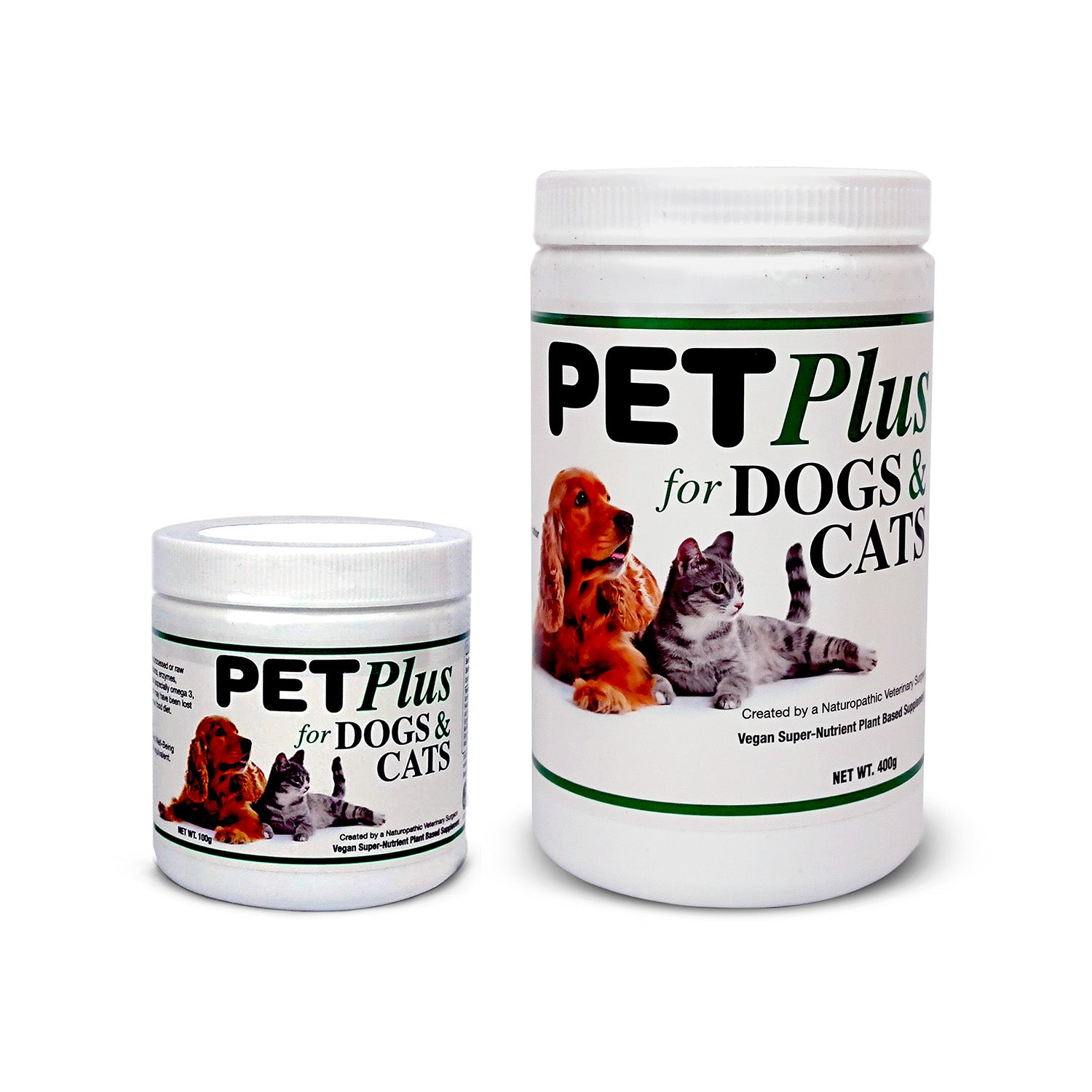
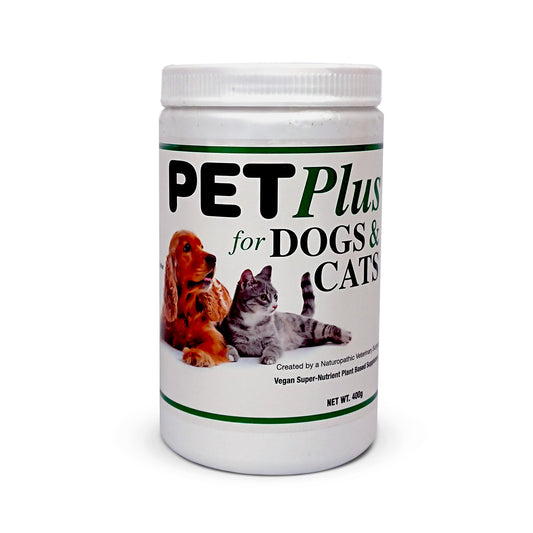
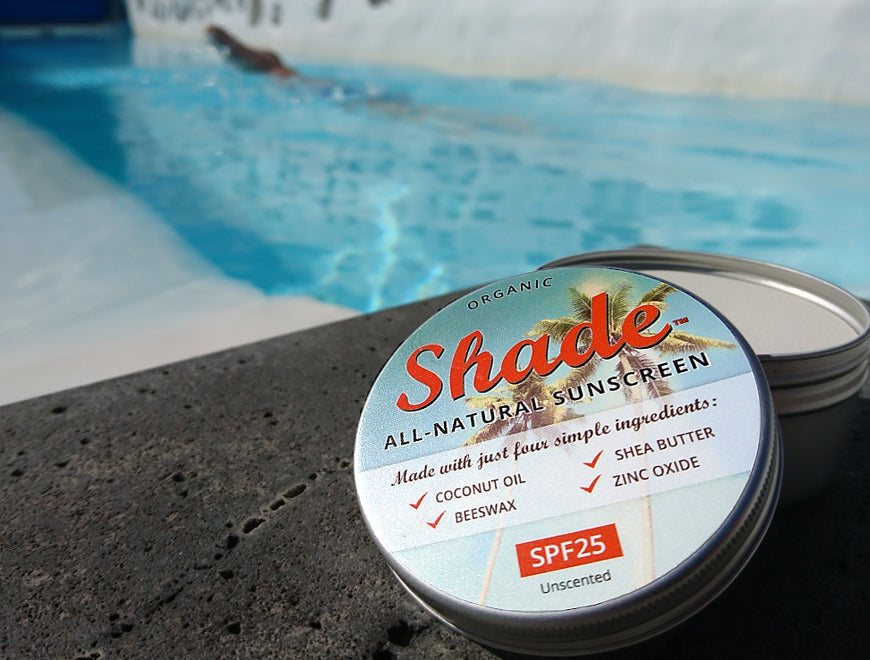

2 comments
Thank you for printing the review and your response. It serves as a good reminder to everyone, whatever type of sunscreen they choose to use, that we must take care in the sun, and not overdo sunbathing. It’s the same for chemical sunscreens. You will burn if you don’t follow the guidelines on sun exposure.
I would opt for a mineral sunscreen every time. The ingredients in yours sound much safer to use than the chemical-laden varieties
Dear Tania,
Thank you so very much for writing this comprehensive post. I agree with you 100% and can sign off on every word. I also feel very sorry for the family that got burnt, but I am also sure that sunscreen can not be the only thing to put the blame on. Your openness and honesty in your response to such a review is much appreciated. But more importantly, thank you for reminding us all that simple core instructions need to be followed to avoid painful consequences – it is possible!
I am yet to try your sunscreen (doing my research now, found your company and it looks like exactly what I need). However, I am already happy to put my money towards the high quality product that comes from the company with strong values and morals.
Many thanks and best wishes,
Tee